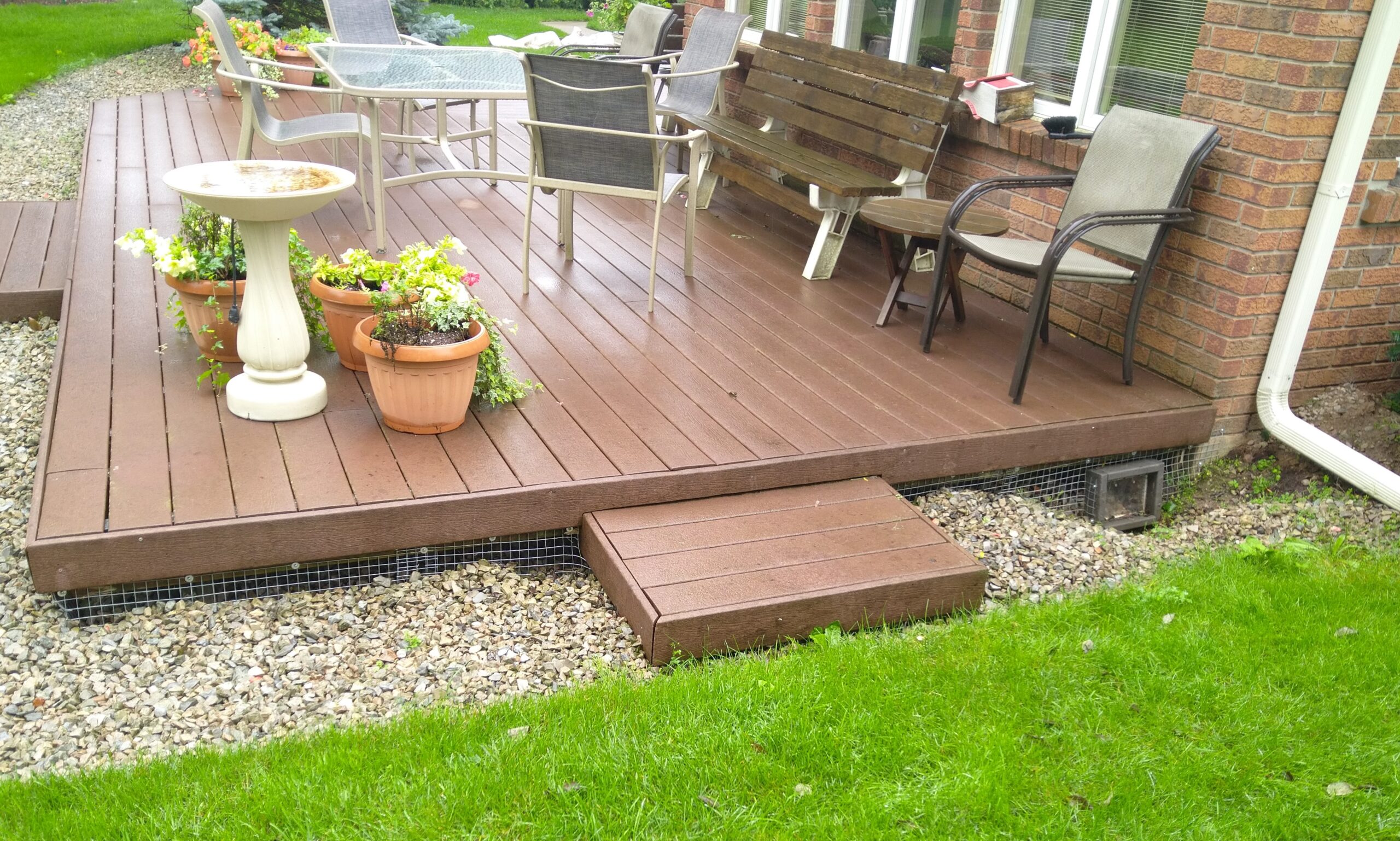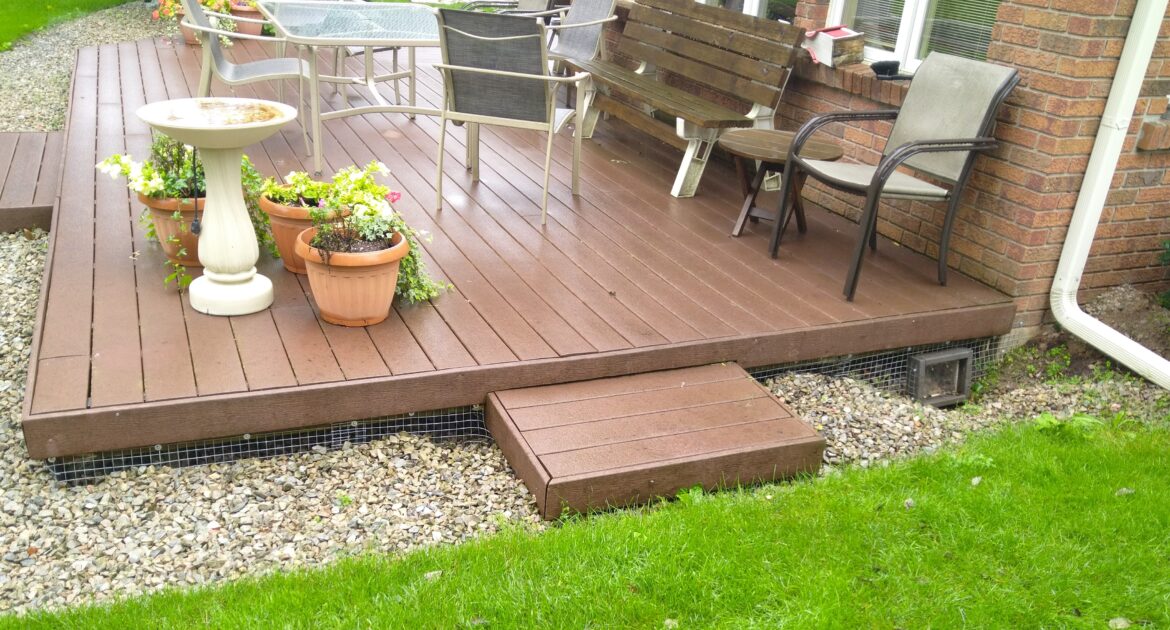Wildlife on your property can dig up your lawn. The skunk is one type of animal that may be responsible, but you need to confirm this. Once you are sure that skunks are the culprit, you need to know how to get rid of skunks. The easiest and safest way is to call for professional wildlife control. Here is some valuable information about why skunks dig holes and how you can confirm that they are the animals doing it.
Why Do Skunks Dig?
There are two main reasons that skunks dig: To find food and shelter. Skunks are omnivores that can eat both plants and animals, but one of their favourite foods is grubs, or immature insects. To get at the grubs underground, skunks dig holes, often pulling up a chunk of grass out of your carefully maintained lawn.
Skunks also dig to create den sites in which to raise their young. As burrowing animals, skunks are naturally equipped to dig, but they prefer to hollow out holes under sturdy structures that provide some protection, such as sheds, porches, decks, and concrete front steps.
How Do You Know That It’s a Skunk Making the Holes?
Because other animals can dig holes in your yard, you should make sure it is a skunk before taking any further action. Skunks are nocturnal, so you are unlikely to see them during the day, but so are other forms of wildlife that may be digging up your yard.
Your nose may tell you all you need to know. There is usually a low-level odour present around skunk dens even when they haven’t sprayed. Other animals may smell too, but a skunk’s odour is distinctive; it is unlikely that you could mistake it for anything else. You can even use the smell to help you locate the den site; the closer you get to it, the stronger it is likely to smell.
Nevertheless, you shouldn’t assume that the animal isn’t a skunk if you don’t smell anything. If there is snow or mud in the yard, the animal may leave footprints behind, in which case you can compare them to a known skunk. Skunk tracks are similar in size to cat footprints, except that skunks have five toes while cats only have four. Skunks have long claws on each paw to use for digging, and their tracks have been compared to bear tracks, only much smaller.
How Do You Keep Skunks Away From Your Yard?
Because of the challenge involved in removing skunks, you should try to deter them if at all possible. Get rid of the grubs and any other possible food sources that may be attracting them.
Try making your lawn a less hospitable place for skunks. Install motion-activated floodlights so that when the skunks enter the property, the lights turn on and hopefully startle them.
Ironic as it may seem, skunks don’t like bad smells. You may be able to deter them from your property by spraying the perimeter with a mixture of castor oil, dish detergent, and water. Spraying predator urine, or a close analog, around your property can also help keep skunks away.
A perimeter fence around your yard or garden may be effective at keeping skunks out, but only if it extends below the level of the ground so skunks can’t dig under it.
How Can Professional Skunk Removal Vaughan Help?
If you have skunks on your property, it is not a good idea to try to remove them yourself. At best, you could get sprayed; at worst, the skunk could bite. We remove skunks from your property using specialized hands-on techniques. We use the heavy-gauge screen to seal the entry point and any other vulnerabilities to prevent skunks from coming back. We clean up the smell and repair any damage. Learn more about Skedaddle skunk services.




